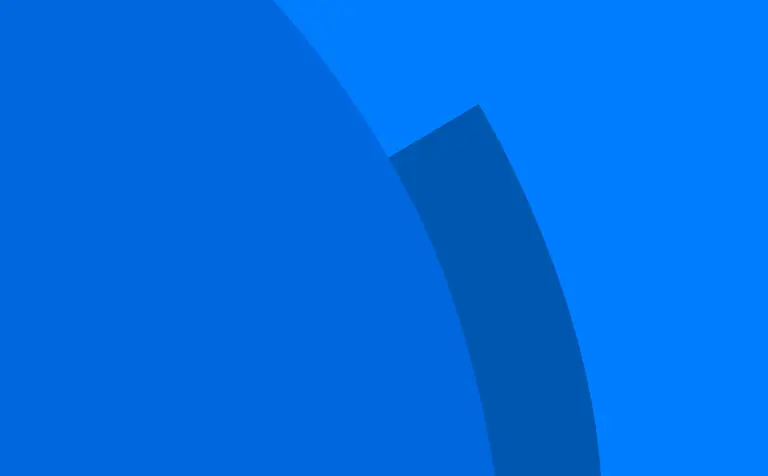
New ATA Carnet app makes digital declarations and transactions possible
An initiative to digitalise the ATA Carnet international customs document gets underway in full today with launch of the Mercury II Pilot Project running phase.

After extensive trainings and internal tests since June, International Chamber of Commerce’s (ICC) digital ATA Carnet lifecycle management system is now live. Beginning today and running for a six-month period, real testing will be undertaken in six pilot countries: Belgium, China, Russia, Switzerland, the United Kingdom, and the United States.
Commenting on the system’s debut, Ruedi Bolliger, Chair of ICC World Chambers Federation’s (WCF) World ATA Carnet Council said: “This initiative, with its new ATA Carnet app and customs portal, will ensure that declarations and transactions are digitally recorded and tracked, making cross-border travel of goods easier, faster and safer for businesses and customs offices alike. We hope that by simplifying these tedious trade processes, more countries will join the ATA system.”
Established by ICC’s World Chambers Federation and endorsed by the World Customs Organization, the Mercury II Pilot is a pioneering digital solution allowing users to digitally download ATA Carnets to their mobile wallets, prepare declarations via their mobile devices and receive transaction confirmations.
In addition, customs authorities can read the Carnet data and complete transactions electronically. The digitalisation of the ATA Carnet procedures aims to facilitate transactions, increase data security, reduce exceptions and improve administration for all stakeholders worldwide.
The first ATA Carnet was issued in the 1960’s and is one of the ways in which ICC makes business work for everyone, every day, everywhere. Since then, the customs document has become globally recognised as an ideal trade facilitation tool dedicated to the temporary admission of goods.
ICC WCF is responsible for administering the global ATA Carnet Guaranteeing Chain in force today in 78 countries.
Learn more about the ATA Carnet at work.

